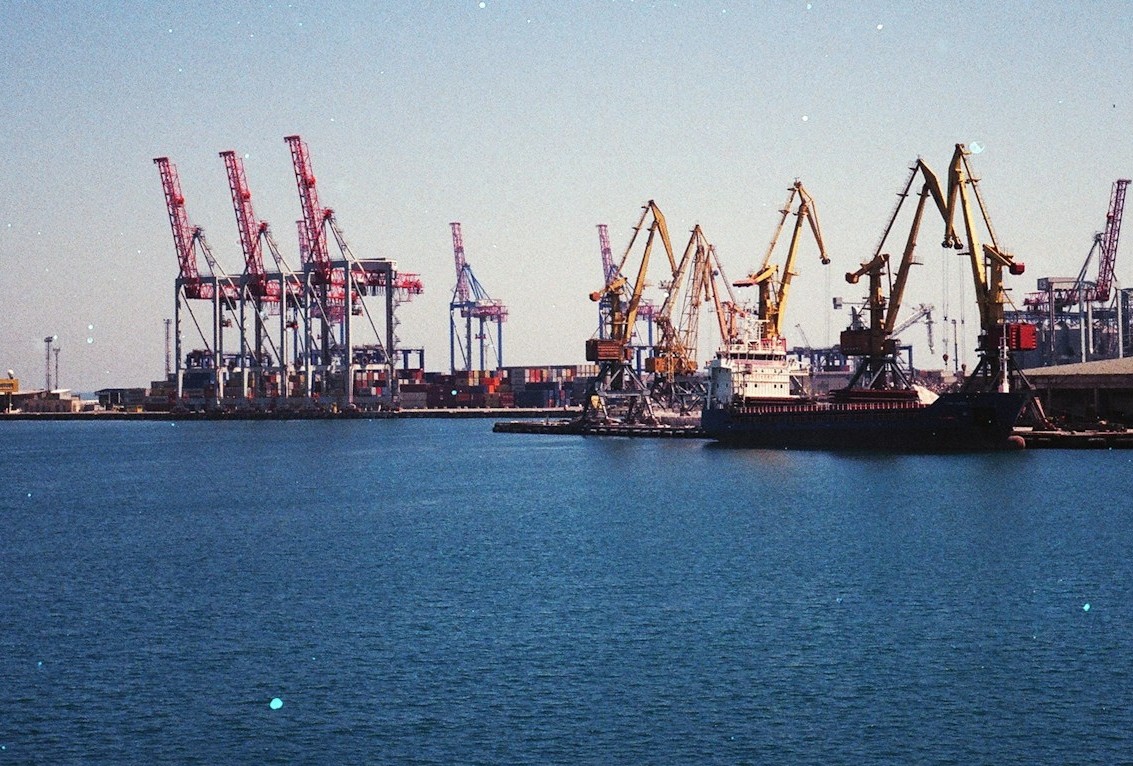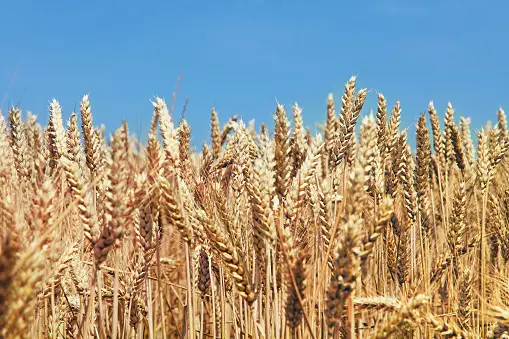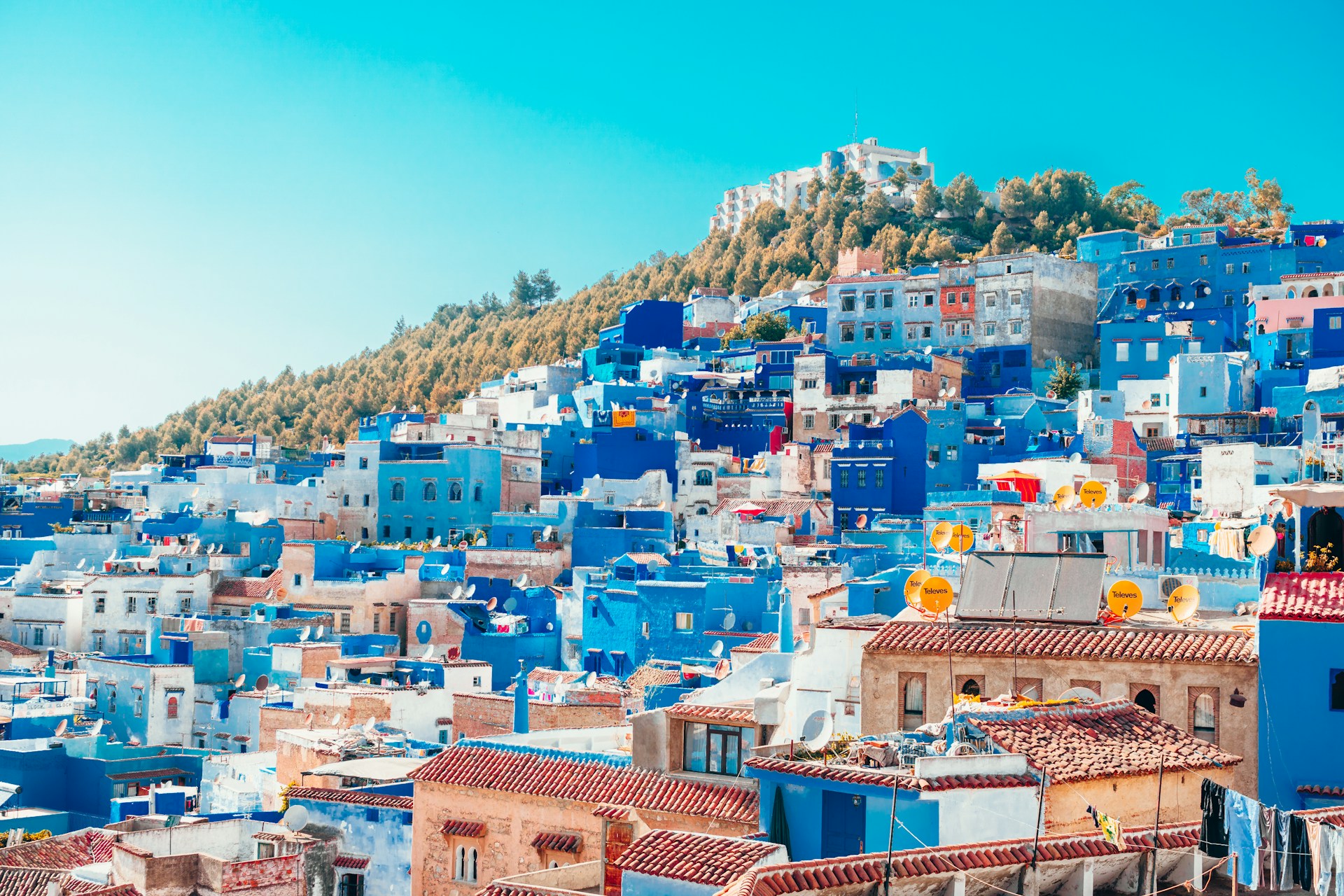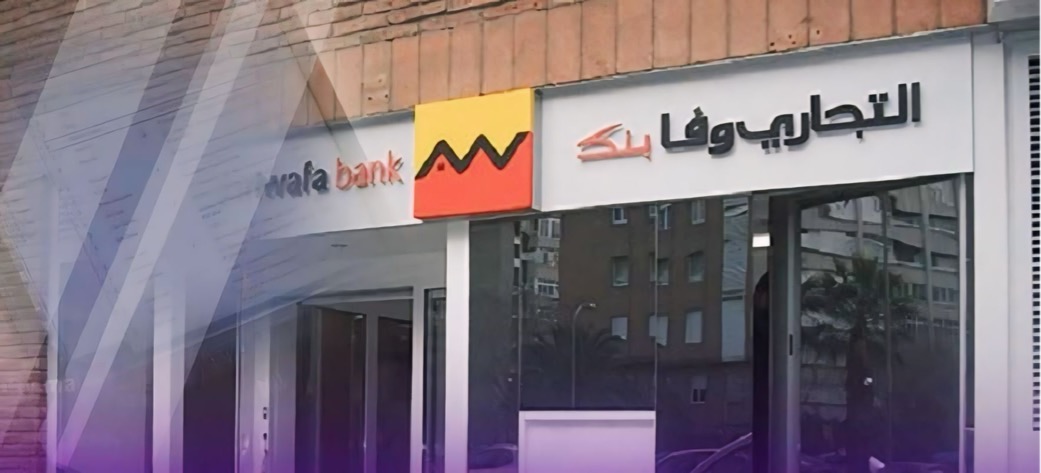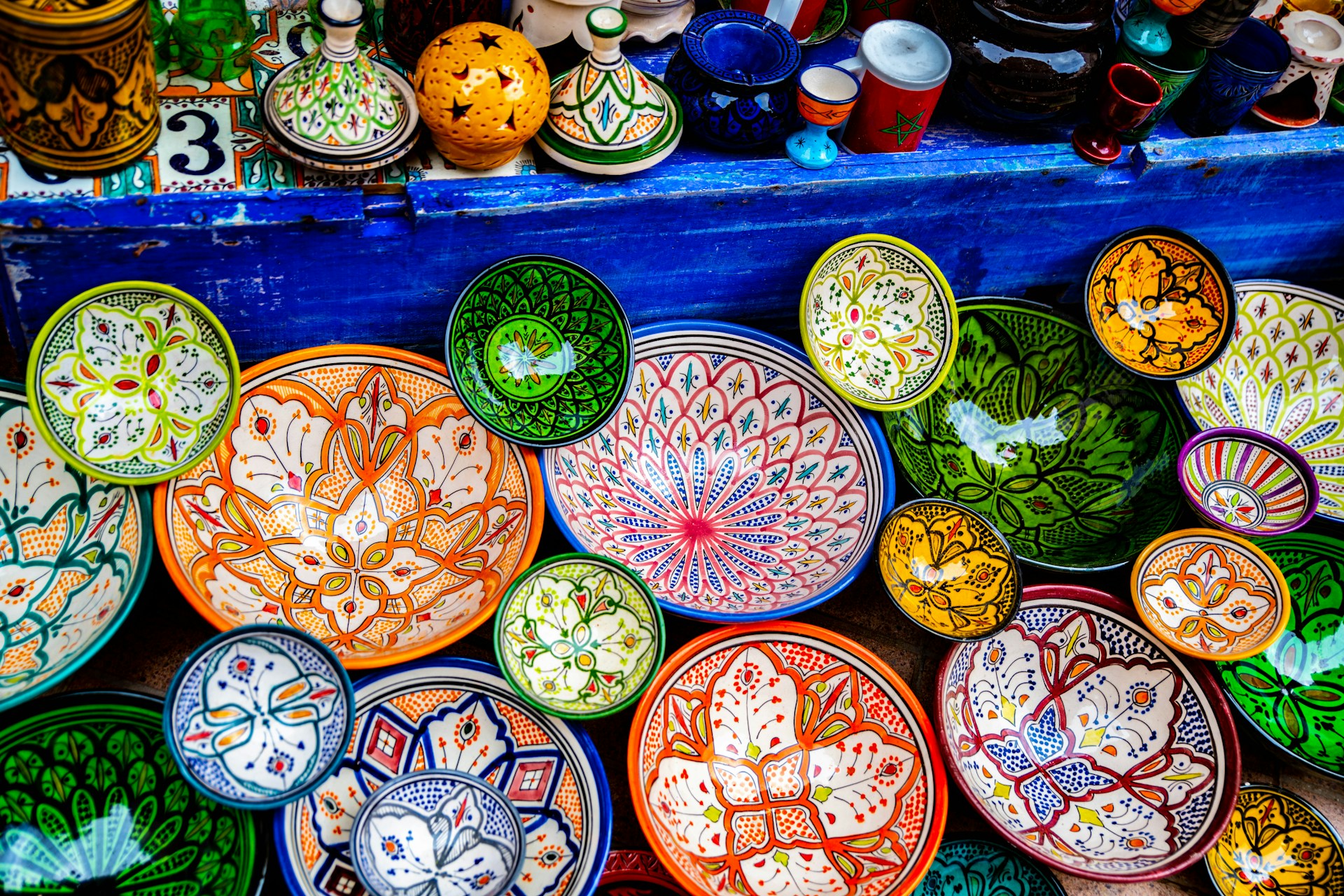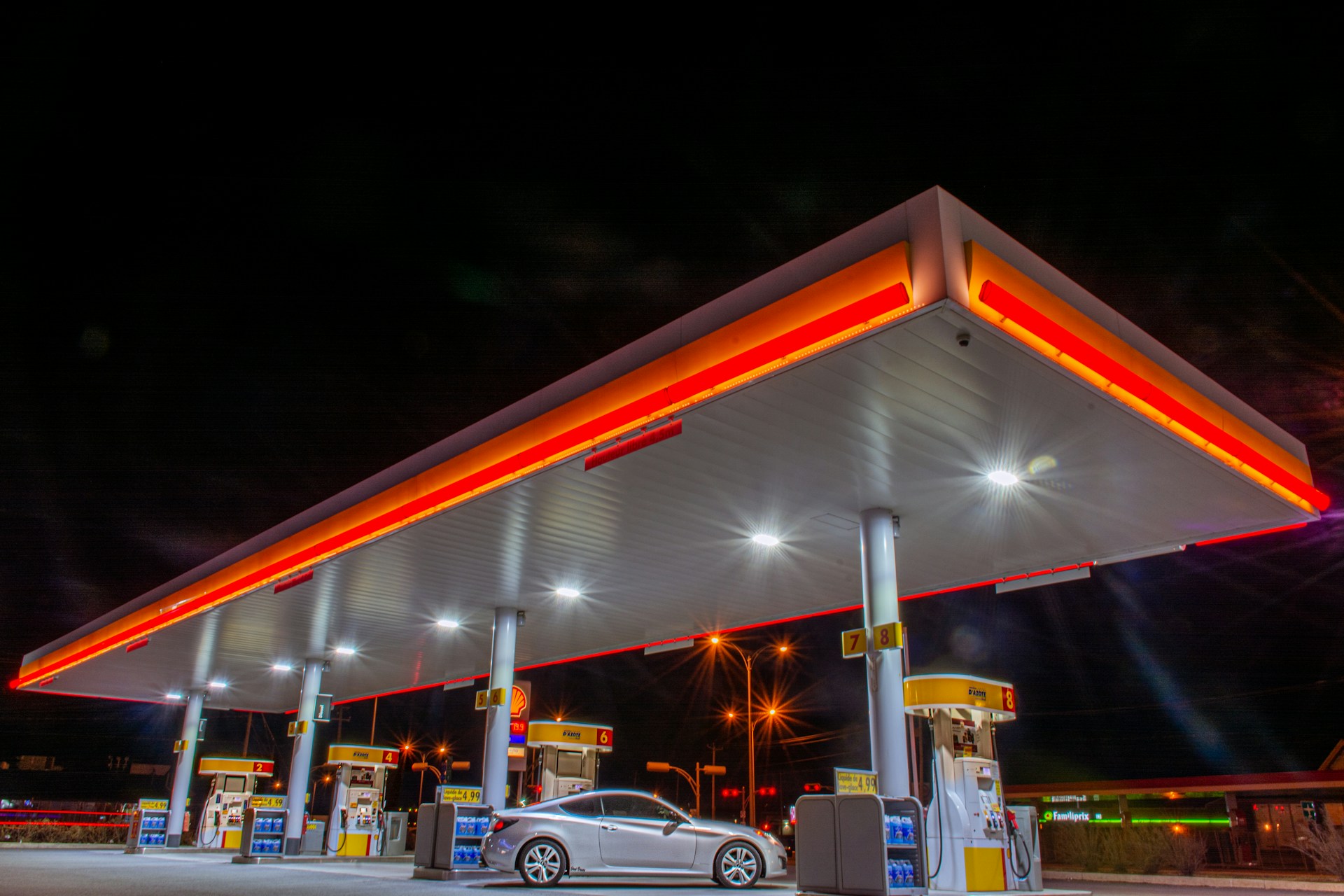Casablanca – Morocco and the United Kingdom are taking significant steps to enhance their trade relationship, building on the Morocco-UK Association Agreement, which has already fueled notable growth in bilateral trade since its implementation in 2021. Trade between the two nations now stands at an impressive $4.93 billion annually, a testament to the dynamic and evolving partnership.
Growing trade and diversification
William Bain, Head of Trade Policy at the British Chambers of Commerce, highlighted that the agreement has led to a significant diversification in the goods and services exchanged, demonstrating the robustness of the relationship. Recent data reveals a 50% increase in trade between the two countries, with the total value rising from $1.58 billion in 2019 to $2.36 billion in 2022. Moroccan exports to the UK have tripled, underscoring Morocco’s growing role as a vital trade partner.
“Our partnership is strong, and we’re determined to make it even stronger by focusing on strategic areas like foreign direct investment and digital trade,” said Bain during a recent webinar hosted by the British Chamber of Commerce in Morocco. Bain emphasized the transformative potential of digital trade in enhancing the efficiency of goods and services exchanges.
Strategic focus on digital trade
Digital trade is emerging as a cornerstone of the Morocco-UK relationship. With 80% of the UK’s service exports now conducted digitally, both nations are exploring ways to streamline customs procedures, reduce port delays, and align technical regulations to bolster trade efficiency. Potential adjustments, including those aligned with WTO frameworks on e-commerce, are being actively discussed.
Infrastructure and renewable energy: Key investment opportunities
Infrastructure development is another key area of focus, with British companies eager to invest in stable, high-quality projects in Morocco. Sofia Akhtar, Head of Trade Policy at the UK’s Department for Business and Trade, highlighted ongoing collaborations in renewable energy, including initiatives in green hydrogen and clean technologies. Morocco’s ambitious energy transition goals—aiming to produce 52% of its electricity from renewables by 2030—present significant opportunities for deeper cooperation.
The UK is also leveraging Morocco’s strategic location as a gateway to African markets. “Morocco is uniquely positioned to help British companies access West Africa, complementing the UK’s strong presence in East Africa,” said Bain.
Toward a comprehensive free trade agreement
Experts have called for the development of a comprehensive free trade agreement to further strengthen bilateral ties. Najib Benamour, Secretary-General of the Moroccan Institute for Strategic Intelligence, emphasized the importance of expanding cooperation beyond traditional sectors such as agriculture and infrastructure to include technology, education, and renewable energy. He also advocated for reducing tariff and non-tariff barriers to enhance business liquidity and investment capacity.
Historical foundations and future prospects
The historic ties between Morocco and the UK date back to the 1625 Anglo-Moroccan treaty, forming a solid foundation for today’s economic partnership. Recent initiatives, such as the 2023 revision of agricultural tariffs, aim to liberalize trade further and remove barriers, boosting mutual access to agricultural markets.
Looking ahead, key projects, including investments linked to the 2030 FIFA World Cup and the expansion of educational partnerships like Century University’s campus in Casablanca, highlight the potential for deeper collaboration. “Our shared ambition is to modernize and strengthen this partnership, creating new opportunities for both nations,” Akhtar concluded.
As both countries work to align their trade strategies and leverage emerging opportunities, the Morocco-UK partnership is poised for continued growth, with digital trade, infrastructure, and renewable energy investments at the forefront of this evolving relationship.







